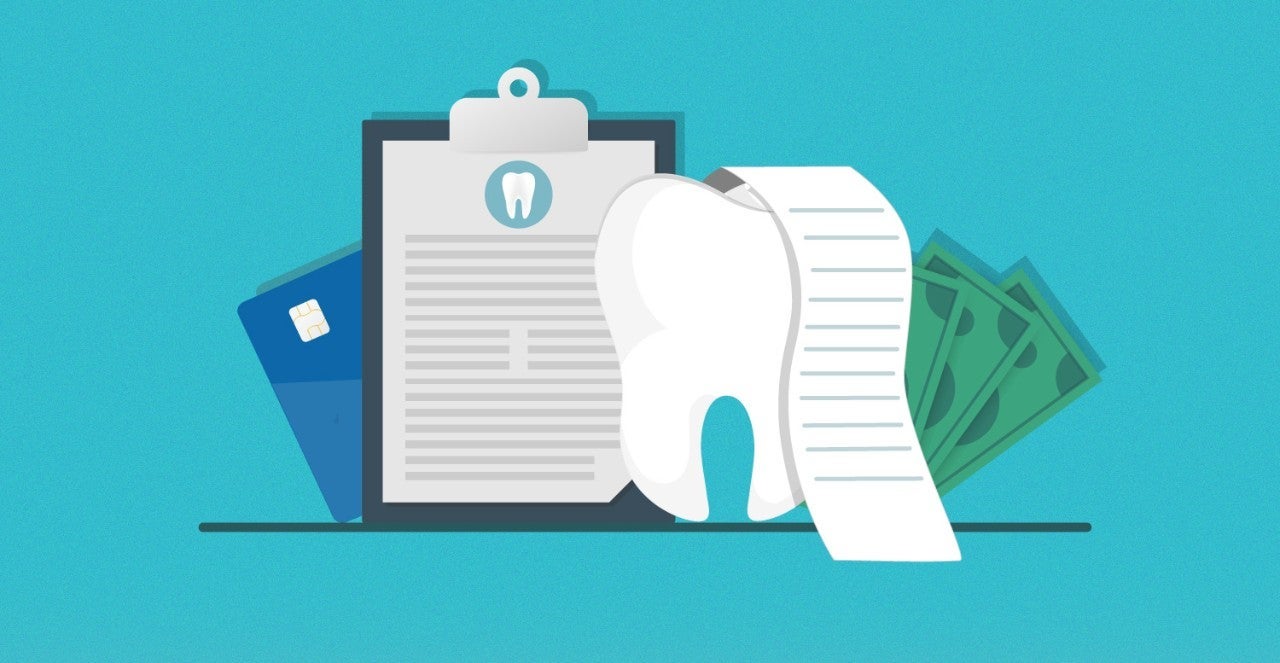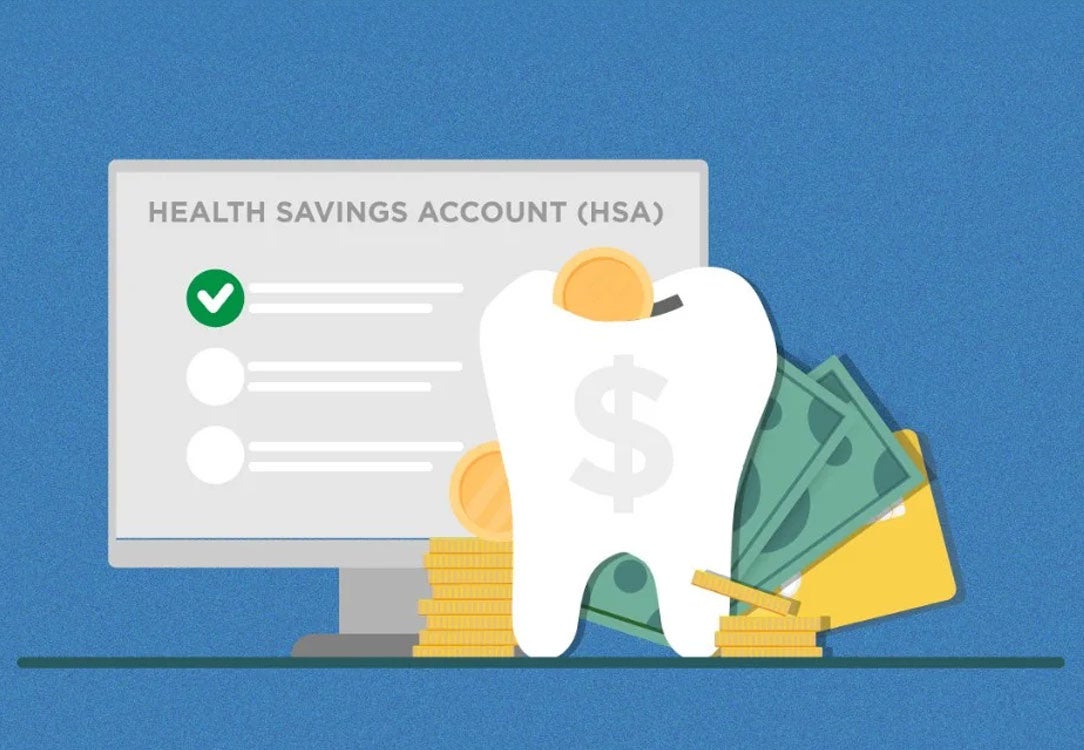Dental insurance allows patients to afford the dental care they need without having to pay for procedures out of pocket. But for young adults who are outgrowing their parents’ dental coverage, there may be a period of time when they are between individual dental insurance plans, leaving them vulnerable to paying for full, expensive dental bills. Because of their phase of life, young adults without dental insurance may even skip out on simple preventative dental care for fear of the cost.
Introduction to Transitioning Dental Insurance Coverage
Fortunately, dental insurance for young adults provides options that can help bridge the gap between their parents’ insurance coverage and their own as they approach the age when they can no longer stay covered by their parents’ plan. According to the U.S. Department of Labor, children can stay on their parents’ insurance until they turn 26 years old. This even applies to married young adults; as long as they are under the age of 26, they can remain on their parents' medical and dental insurance plans.
Dental care for young adults is crucial to avoid worsening oral complications. Around 90% of adults 20 years old and older have at least one cavity. Tooth decay can lead to loss of teeth, root canals, abscesses, and other infections, especially if left untreated.
Understanding the Coverage Gap
While the thought of jumping from your parents’ dental coverage to an employer who provides dental benefits sounds like a smooth transition, it isn’t always realistic. In 2019, only 44% of US workers had employers who offered health care benefits. As you are finding a job, it is likely that you won’t have the option to get the dental coverage you need through your employer.
Dental emergencies can happen at any time in life. If you suddenly have a toothache or chipped tooth when you do not have dental insurance, you could have a large out-of-pocket bill to pay after you get the relief you need from your emergency dental situation. While you may physically feel better, having a sizeable dental bill looming over your head can be stressful.
_image02?fmt=webp-alpha)
Options for Dental Coverage After 26
Dental Insurance Through Your Employer:
Dental Insurance Plans
You can use the Marketplace to find the right dental plan for you. If you have not needed extensive dental care in the past, you can opt for a low-coverage plan that allows you to pay a low amount each month but comes with a higher deductible and co-pays. An individual dental insurance plan will safeguard you from large dental bills after your deductible is met without straining your monthly budget.
Alternative Options
Dental Discount Plans
By signing up for a discount dental plan with an individual dental practice or network of practices, you can unlock significant savings to help pay for your dental needs if you are uninsured, or you can use the discounts to help pay for co-pays and your deductible so you are paying less every time you go to the dentist.
Dental Payment Plans
Selecting the Right Dental Insurance Plan
- The amount of your premium, which is the amount you pay each month for insurance
- The amount of your deductible, which is the amount you pay for dental care before the insurance company starts to pay for your dental costs
- The amount of your coverage maximum, which is when your dental costs reach a certain amount and the insurance plan no longer pays for your dental costs
- The type of coverage you need — whether for expensive dental procedures or just routine checkups, your insurance plan should reflect how often you will use your dental coverage
_image03?fmt=webp-alpha)
Tips for a Smooth Transition
Navigating Costs and Budgeting
Now that you are no longer under your parents’ medical and dental insurance, you are truly out of the nest. Creating a budget for all of your monthly expenses will help you to see clearly where your money is going each month and how you will work your dental insurance premiums into your monthly expenses without feeling overwhelmed by bills.
- Make realistic limits for expenses like groceries, gas, and miscellaneous spending.
- List all bills that come out of your paychecks each month, including your dental premiums.
- Have an emergency fund savings goal. Once you meet this goal, you can use the amount you budget for savings to save for a bigger purchase.
- Decide where you can tighten your spending as well as how you will accomplish this. A few ways to reduce your spending are:
- Cancel all but one streaming subscription
- Grocery shop on a designated day to prevent yourself from eating out all week
- Give up grabbing coffee on one day a week
- Create meatless meals for one or two days a week to save money
Finding a Local Dentist
As you transition to your own dental coverage, finding a new dentist in network with your insurance plan that also offers helpful payment plans or dental discount plans can give you a boost as you start managing your dental care on your own. To find a dentist in your community as you transition to your own dental insurance plan, check out Smile Generation's Find a Dentist tool today.
Find your trusted, local dentist today!
Sources
- "Cavities." CDC, 31 Aug. 2023, https://www.cdc.gov/oralhealth/fast-facts/cavities/index.html#:~:text=Untreated%20cavities%20can%20cause%20pain,in%20rare%20cases%20fatal%2C%20results.
- "Forty-four Percent of Civilian Workers had Access to Dental Care Plans in March 2018." Bureau of Labor Statistics, 8 Apri. 2019, https://www.bls.gov/opub/ted/2019/forty-four-percent-of-civilian-workers-had-access-to-dental-care-plans-in-march-2018.htm
- "Health Benefits and Coverage." HealthCare.Gov, 31 Aug. 2023, https://www.healthcare.gov/coverage/dental-coverage/
- "Young Adults and the Affordable Care Act: Protecting Young Adults and Eliminating Burdens on Businesses and Families FAQs." U.S. Department of Labor, Dental emergencies Dental insurance 31 Aug. 2023, https://www.dol.gov/agencies/ebsa/about-ebsa/our-activities/resource-center/faqs/young-adult-and-aca
Smile Generation blog articles are reviewed by a licensed dental professional before publishing. However, we present this information for educational purposes only with the intent to promote readers’ understanding of oral health and oral healthcare treatment options and technology. We do not intend for our blog content to substitute for professional dental care and clinical advice, diagnosis, or treatment planning provided by a licensed dental professional. Smile Generation always recommends seeking the advice of a dentist, physician, or other licensed healthcare professional for a dental or medical condition or treatment.


_image01.jpg.web.750.750?fmt=webp-alpha)





